For Education Leaders
Get proven strategies and expert analysis from the host of the Learning Can't Wait podcast, delivered straight to your inbox.
Virtual Resource Rooms
Compliant IEP Support Without Staffing Headaches
- Certified SPED teachers for every goal
- Seamless schedule integration & progress dashboards
- Real-time data for reviews & compliance
Remote Evaluations and Teletherapy in Special Education

Imagine a school with a long waitlist of students needing evaluations for speech therapy, occupational therapy, or mental health support. The district doesn’t have enough specialists, and students are left waiting—sometimes for months—before they receive the help they need. This is the reality for many schools across the country, but it doesn’t have to be. In this episode of Learning Can't Wait, Presence CEO Kate Eberle Walker shares how remote evaluations and teletherapy are changing the game, making critical services more accessible and efficient for students everywhere.
If your school or district is struggling to keep up with evaluations or fill critical support roles, Fullmind can help. We provide virtual access to state-certified speech therapists, mental health professionals, and special education experts—so every student gets the timely support they deserve. Learn more about how Fullmind can help you clear your evaluation backlog and support student success.
The Power of Early Evaluations
Evaluations play a crucial role in identifying student needs, from speech disabilities to cognitive challenges and mental health risks. Virtual special education teachers and specialists like Walker are passionate about this work, emphasizing how early intervention can dramatically alter a student's learning trajectory.
"The biggest unlock that we can bring to schools and students is getting every student evaluated by an expert to understand where they're at," she says. "Once we identify specific needs, implementing online speech therapy for schools becomes the natural next step."
Presence conducts evaluations across speech therapy, occupational therapy, mental health, and psychology, ensuring that students receive timely assessments. These evaluations are not just about identifying special education needs—they also help determine eligibility for gifted and talented programs, early childhood interventions, and targeted mental health support. When evaluations identify occupational therapy needs, schools can seamlessly transition to virtual occupational therapy services and other appropriate interventions, setting students up for long-term success.
Can Remote Evaluations Really Work?
For some, the idea of remote evaluations still raises questions. Can a virtual assessment truly capture the nuances of a student's needs? According to Walker, the answer is a resounding yes—when done correctly and supported by comprehensive virtual school counseling resources.
Presence has spent over a decade refining its approach to remote evaluations, conducting clinical research and testing to ensure the validity of virtual assessments compared to in-person ones. The key lies in using multiple camera angles, trained on-site aides, and strict adherence to validated assessment protocols. These measures ensure that remote evaluations are just as effective as those conducted in person.
And the impact? Schools partnering with Presence can significantly reduce backlogs, ensuring that students aren’t left waiting for critical support. As Walker explains, once schools implement the right setup and training, they can provide timely evaluations that open the door to essential services for students.
Addressing the Mental Health Crisis in Schools
Beyond special education, mental health is a growing concern in schools. Many districts struggle to transition from reactive approaches—only addressing mental health crises after they occur—to proactive strategies that support students before problems escalate.
Walker highlights Presence’s partnership with Move This World, a company specializing in tier-one and tier-two mental health support within an MTSS (Multi-Tiered System of Supports) framework. This collaboration helps schools implement a structured approach to mental health services.
While Move This World focuses on broad mental health education for staff and students, Presence provides tier-two and tier-three interventions for students who need more individualized support. This partnership simplifies the process for schools, eliminating the need to piece together multiple vendors and ensuring that students receive the right level of care at the right time.
Overcoming Geographic and Staffing Barriers
One of the biggest advantages of teletherapy and remote evaluations is that they remove geographic barriers to student services. Schools in rural areas or districts with specialist shortages often struggle to provide the necessary support for students with unique needs.
“Geography should not be destiny,” says Walker, emphasizing that a student’s location should not determine their access to critical services.
Presence also specializes in bilingual evaluations, ensuring that language barriers don’t prevent students from receiving appropriate assessments and support. By leveraging remote specialists with the right skill sets, schools can better serve diverse student populations.
The Future of Virtual Education and Therapy
With the landscape of education constantly evolving, Walker encourages new educators and therapists entering the virtual space to embrace technology fully. From AI-driven tools to VR-powered learning experiences, the future of teletherapy and remote education is full of potential.
For schools, administrators, and educators looking to expand access to special education and mental health services, teletherapy offers an effective, scalable solution. By investing in the right technology and partnerships, schools can break down barriers, reduce wait times, and ensure that every student gets the support they need—when they need it most.
For Education Leaders
Get proven strategies and expert analysis from the host of the Learning Can't Wait podcast, delivered straight to your inbox.
Let’s Work Together
We’ll review your application and get in touch!

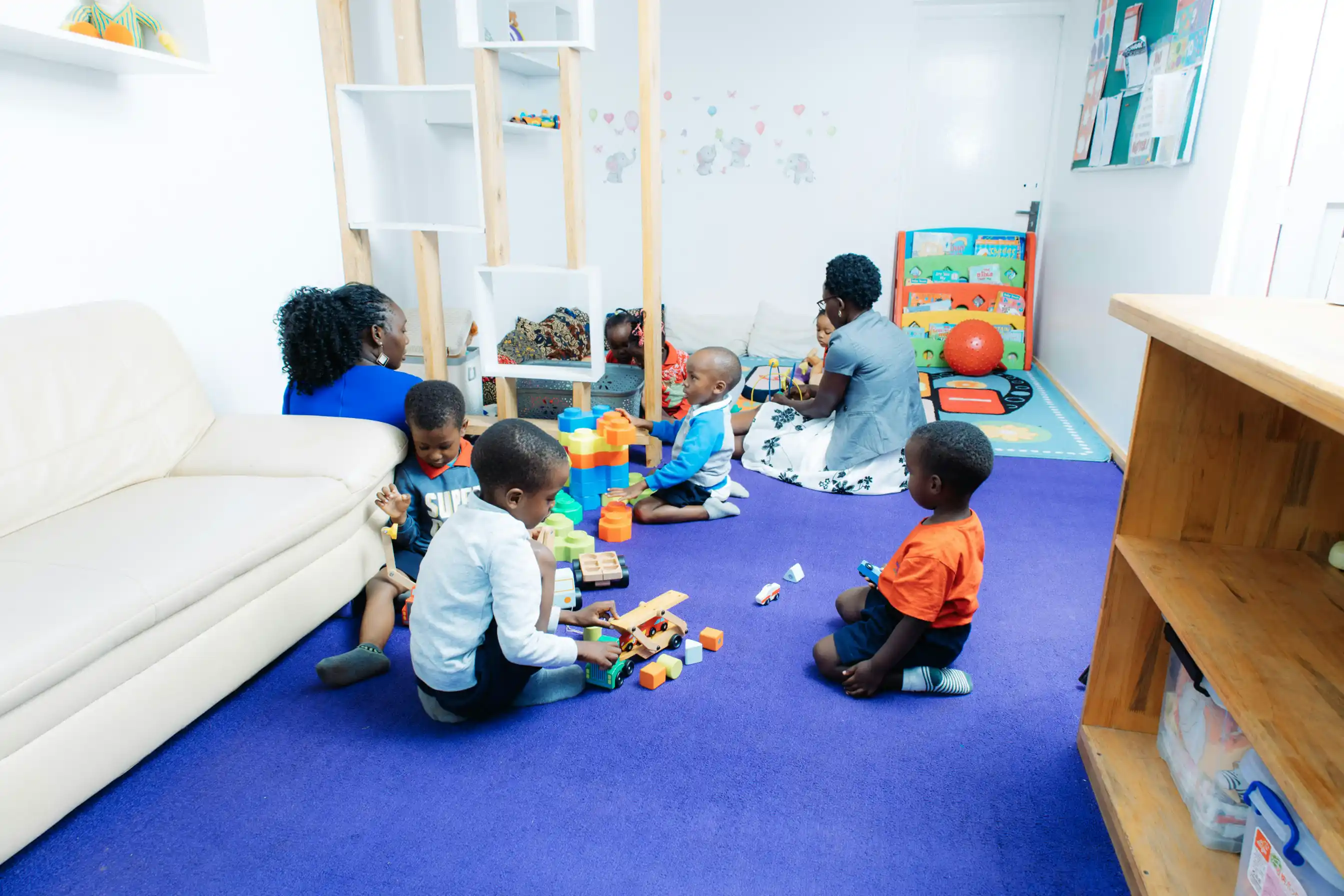

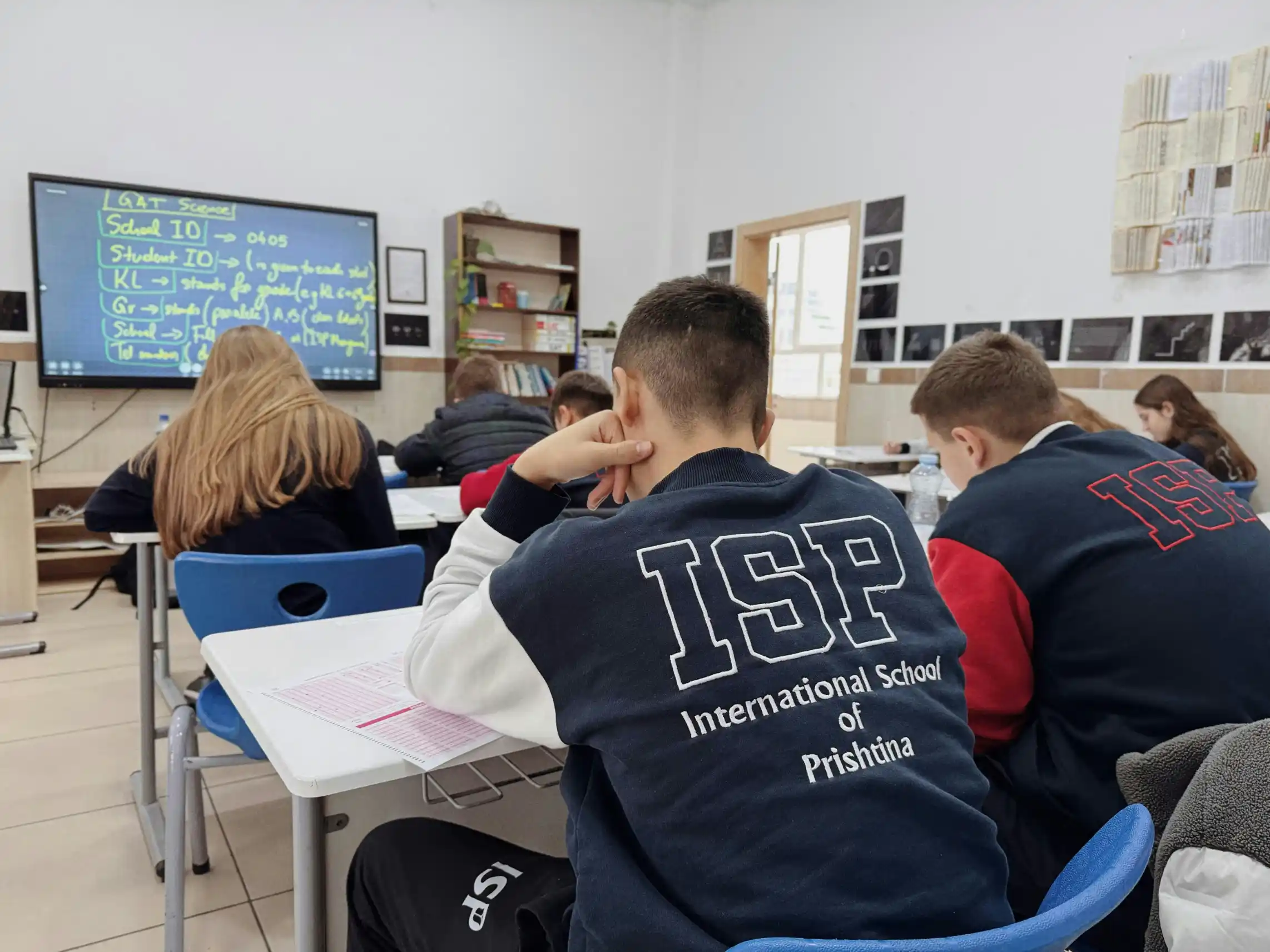
.webp)
.webp)


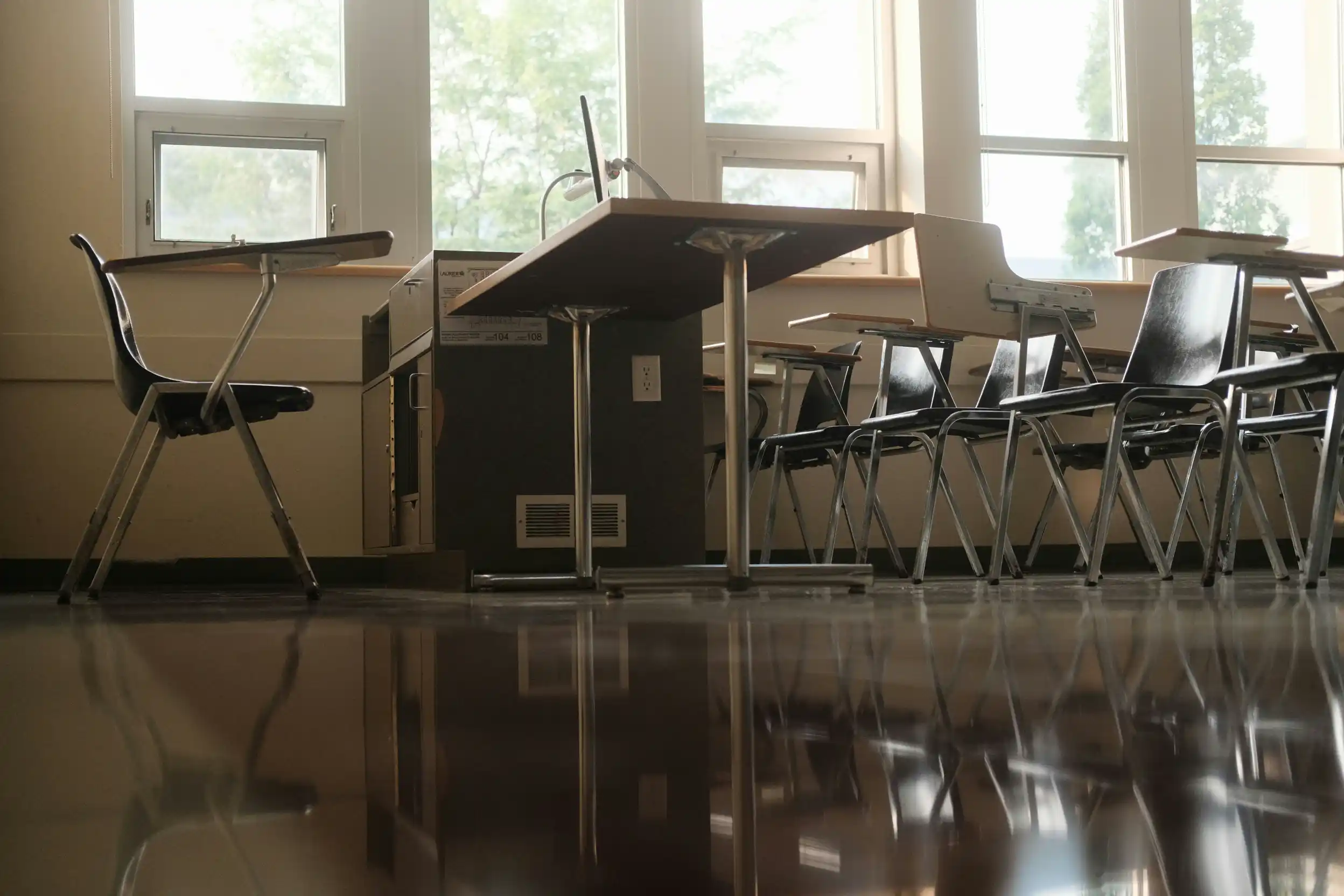
.webp)
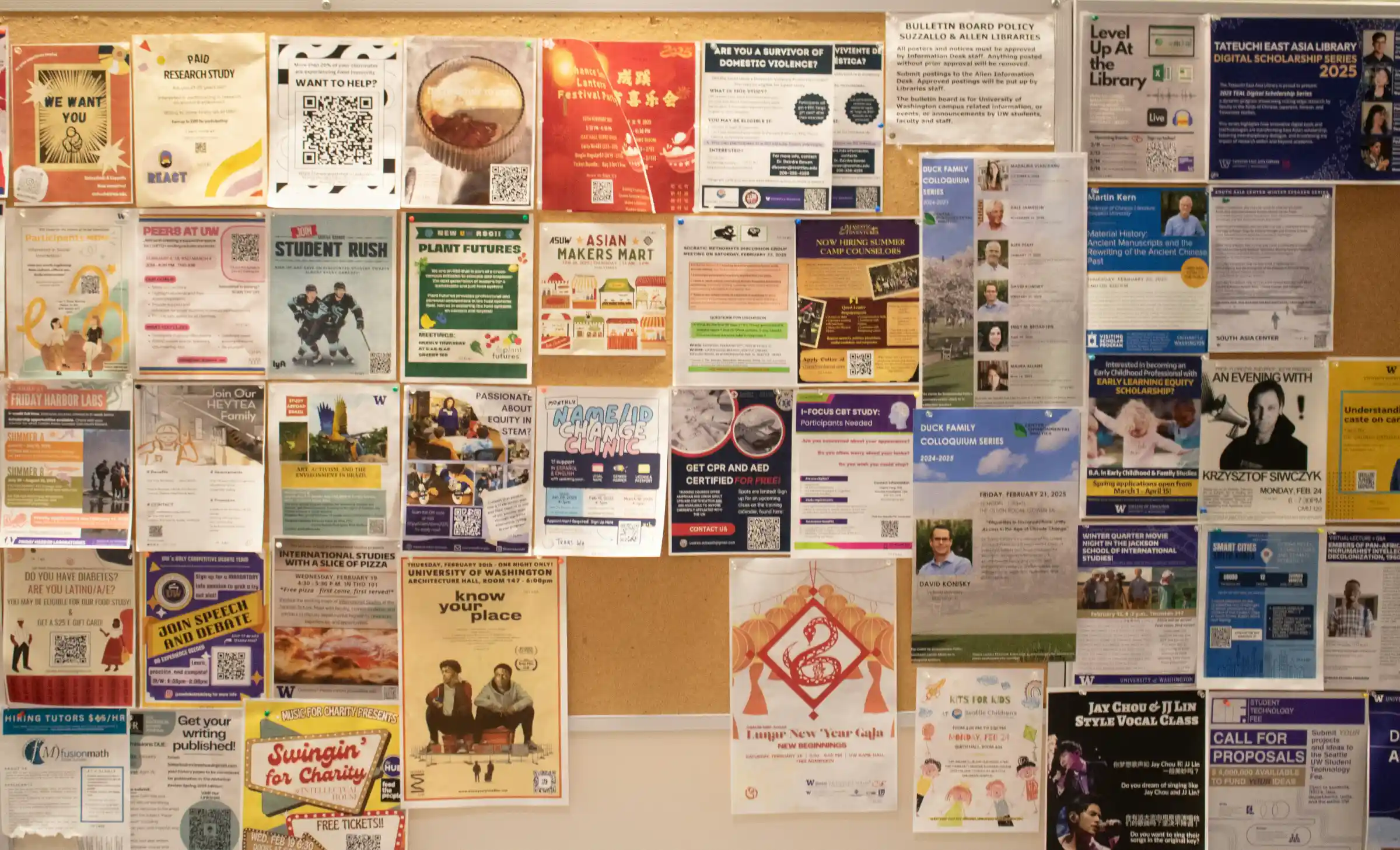
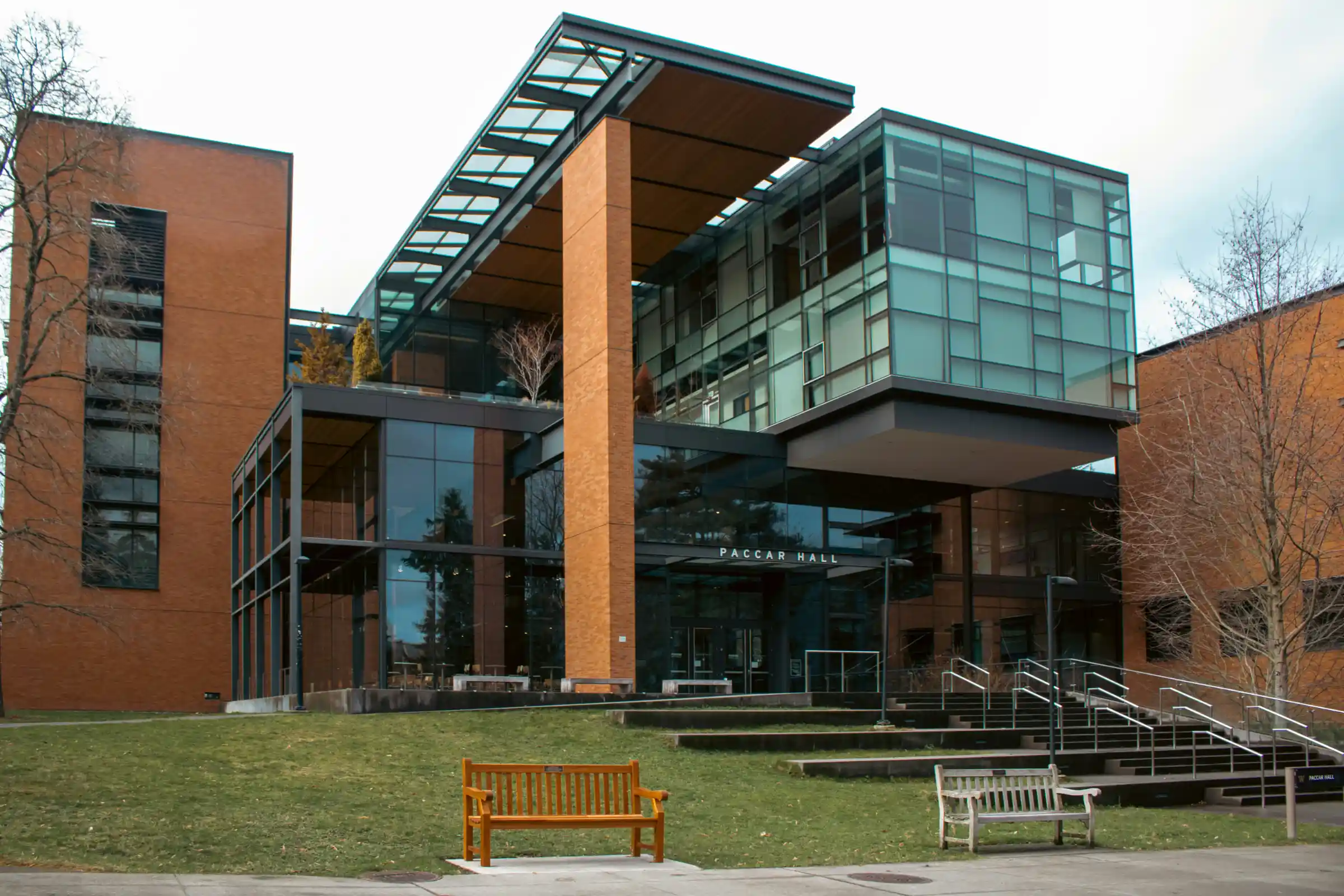

.webp)
.webp)


.webp)
.webp)
.webp)
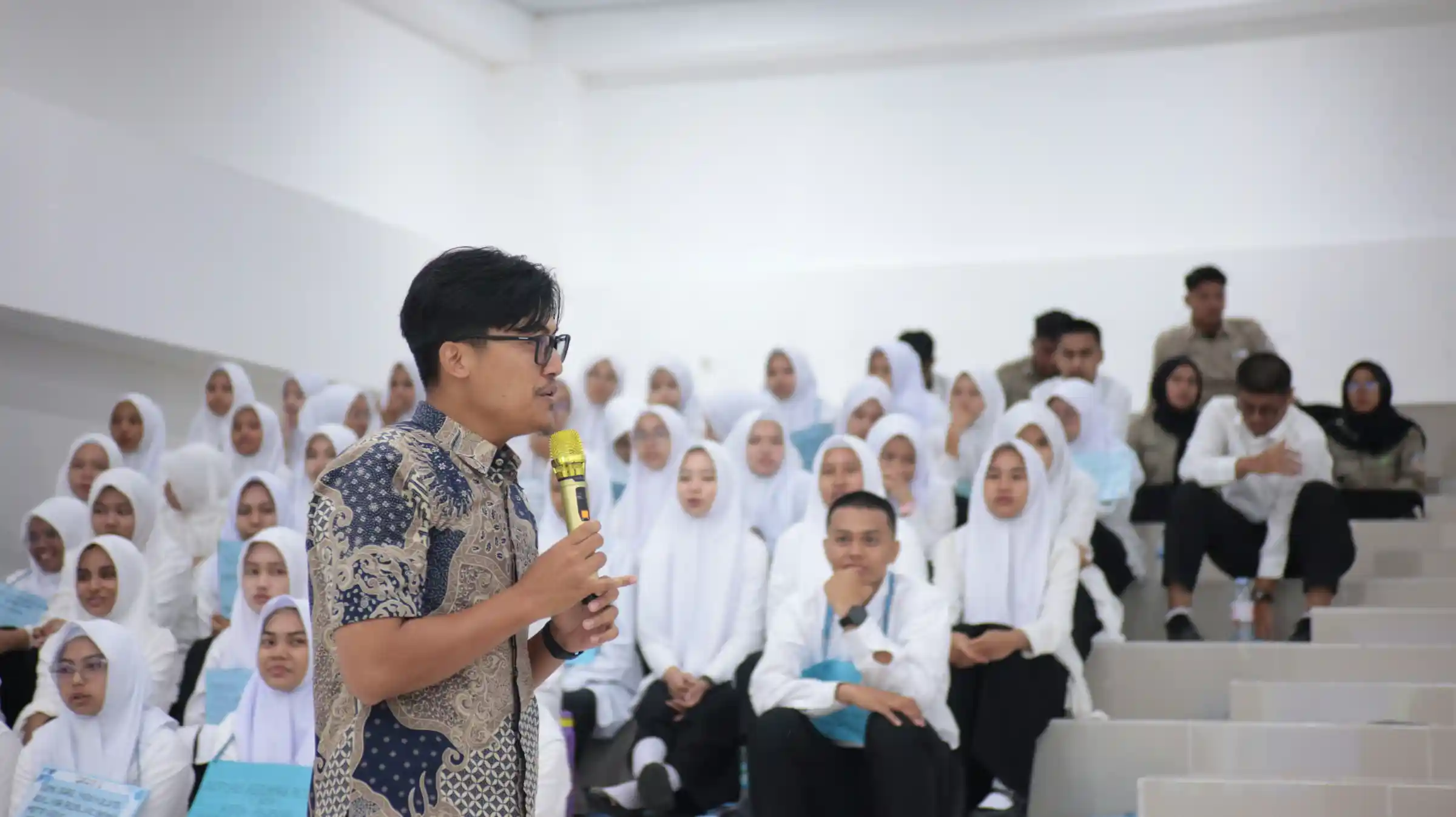



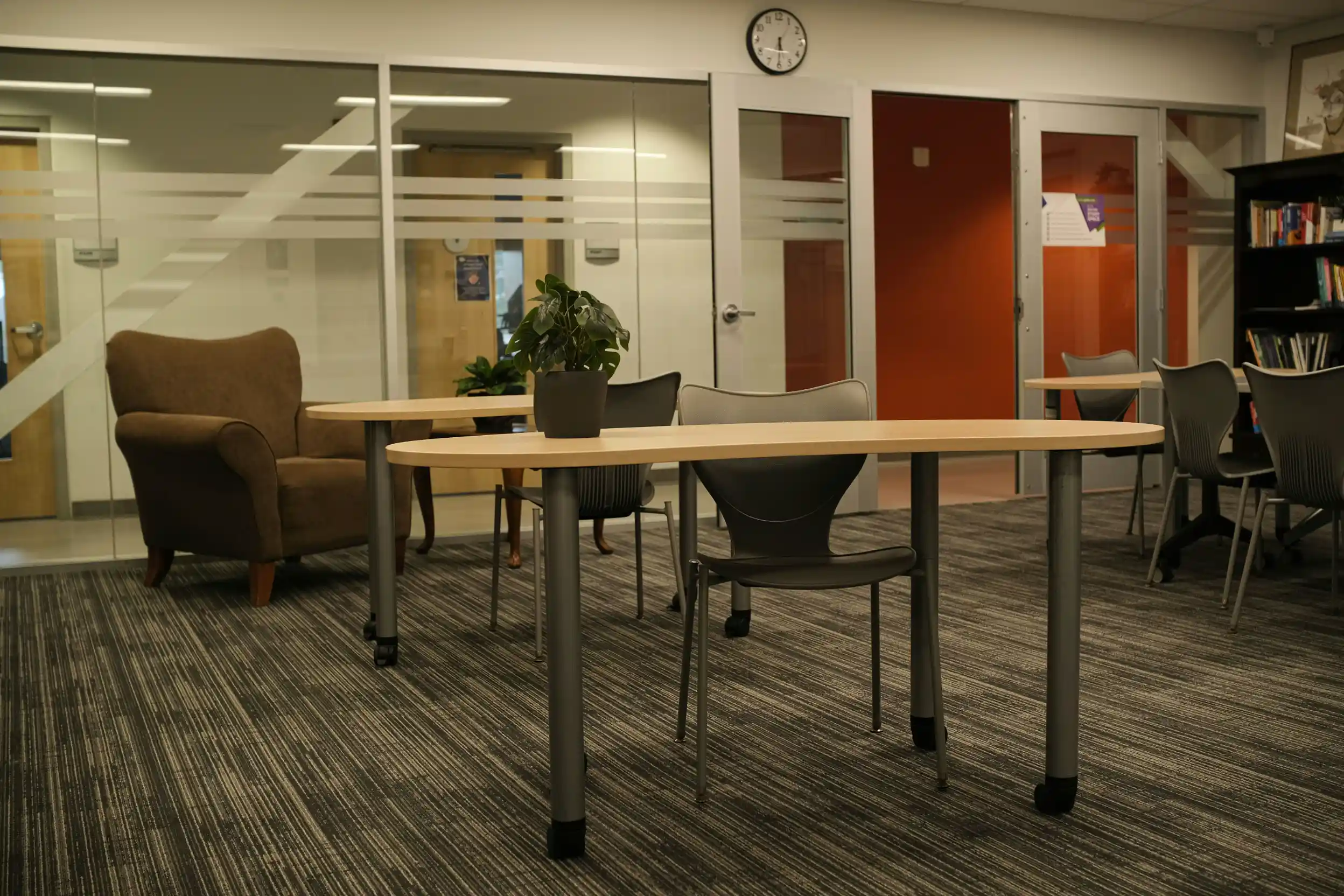
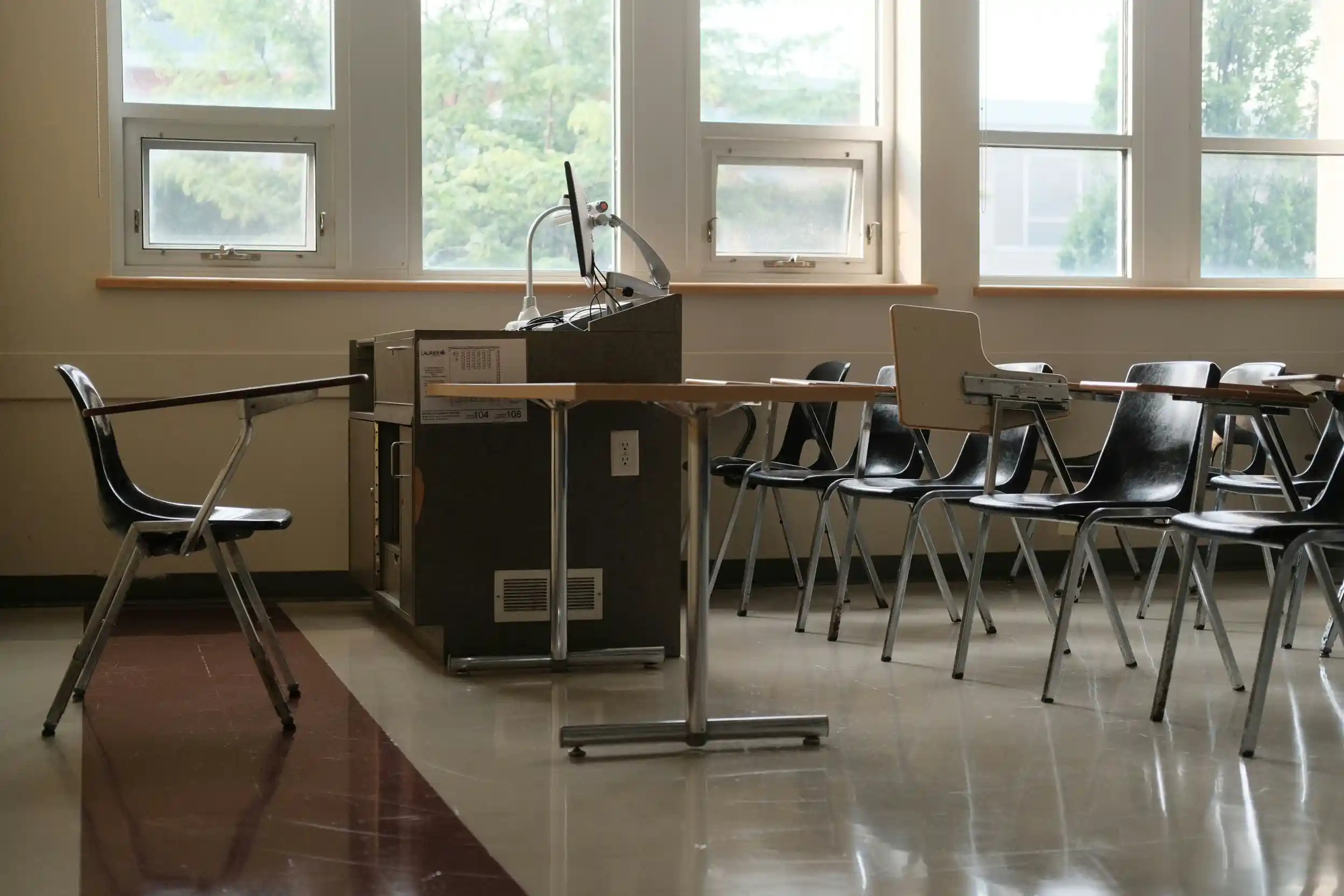















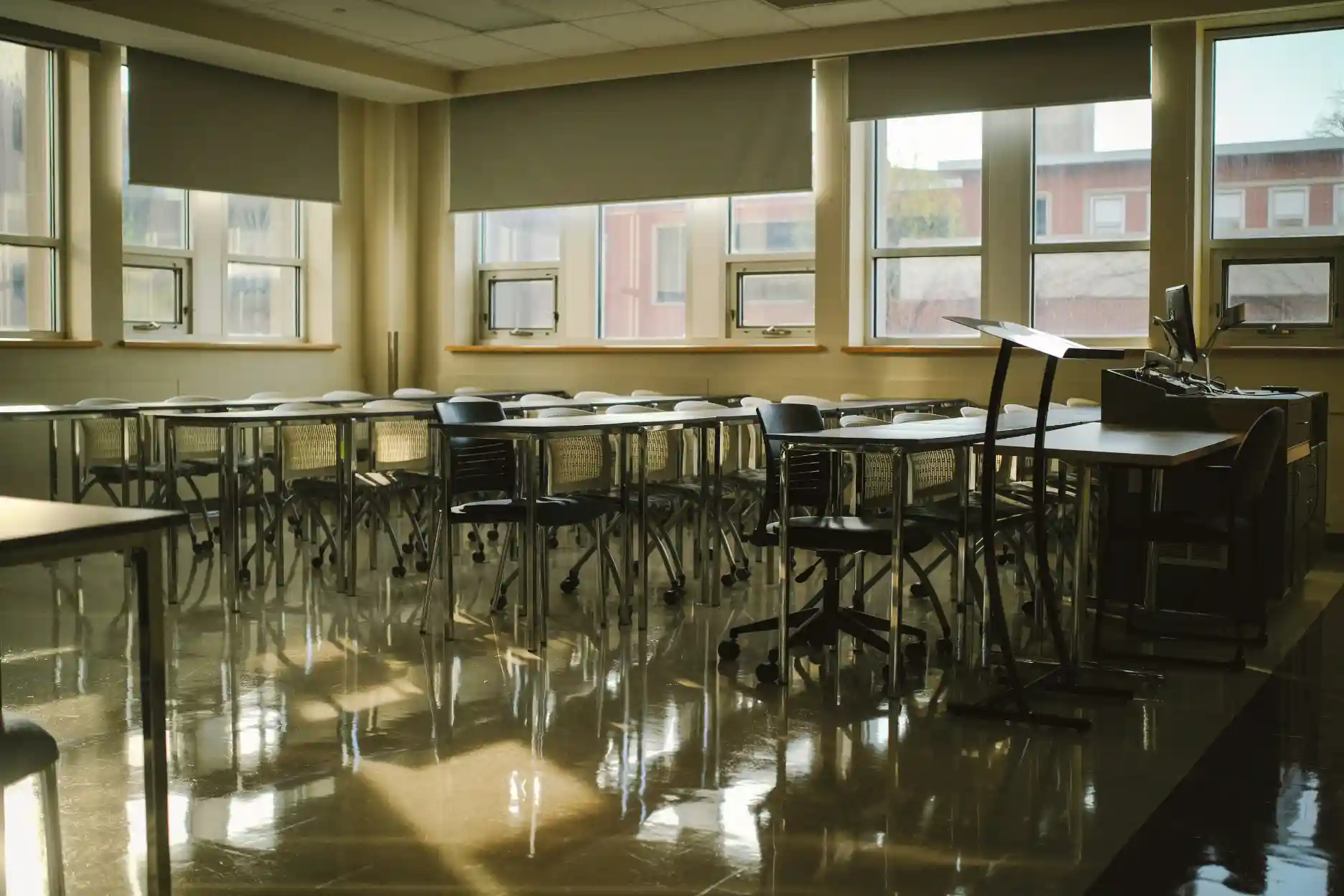



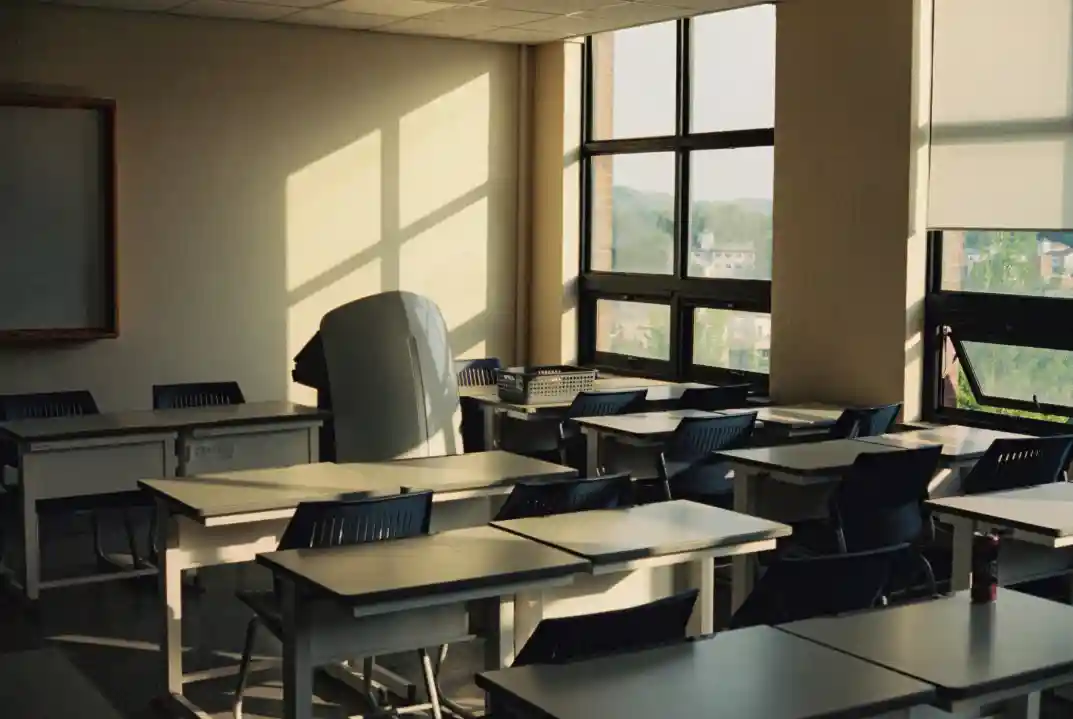


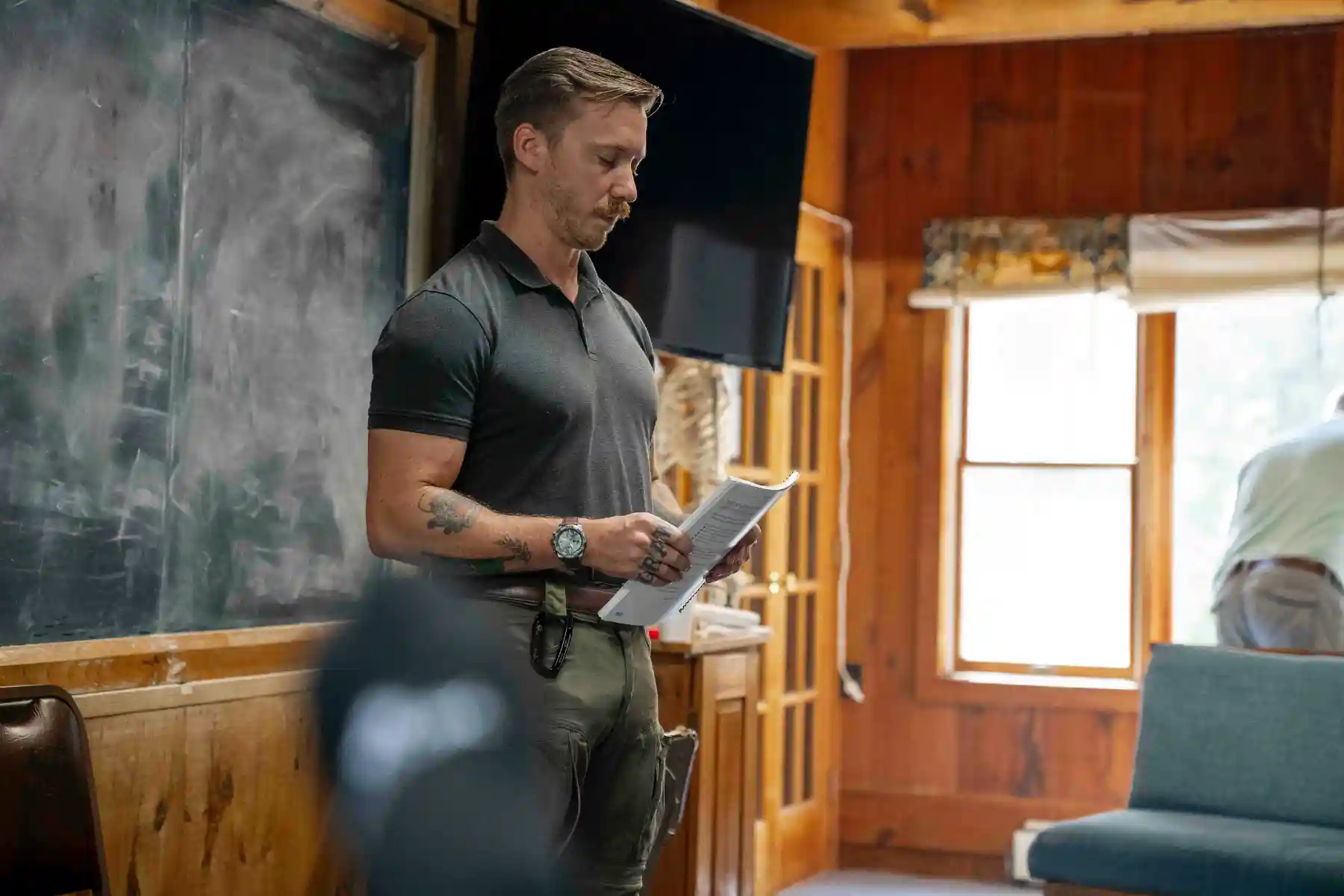


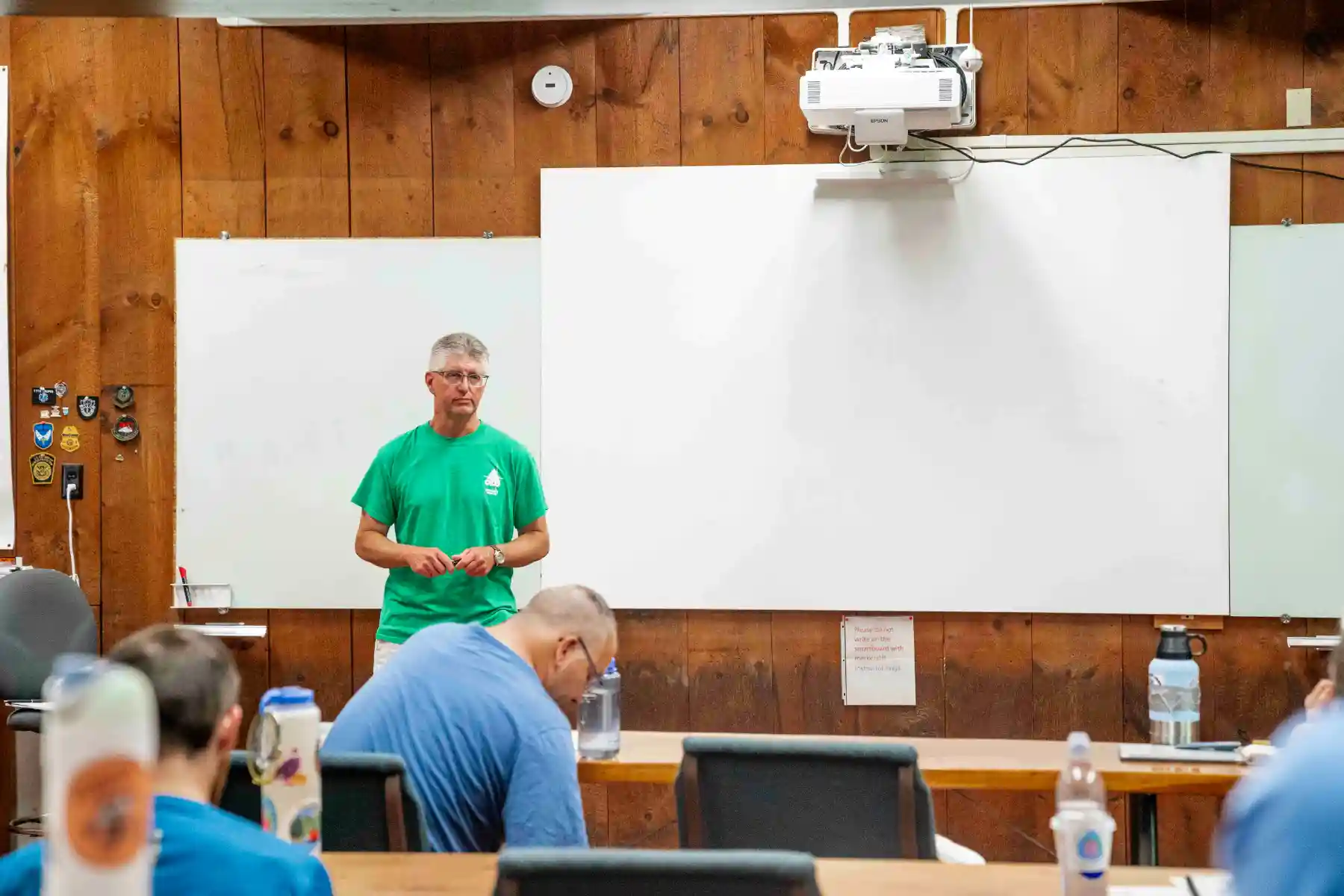




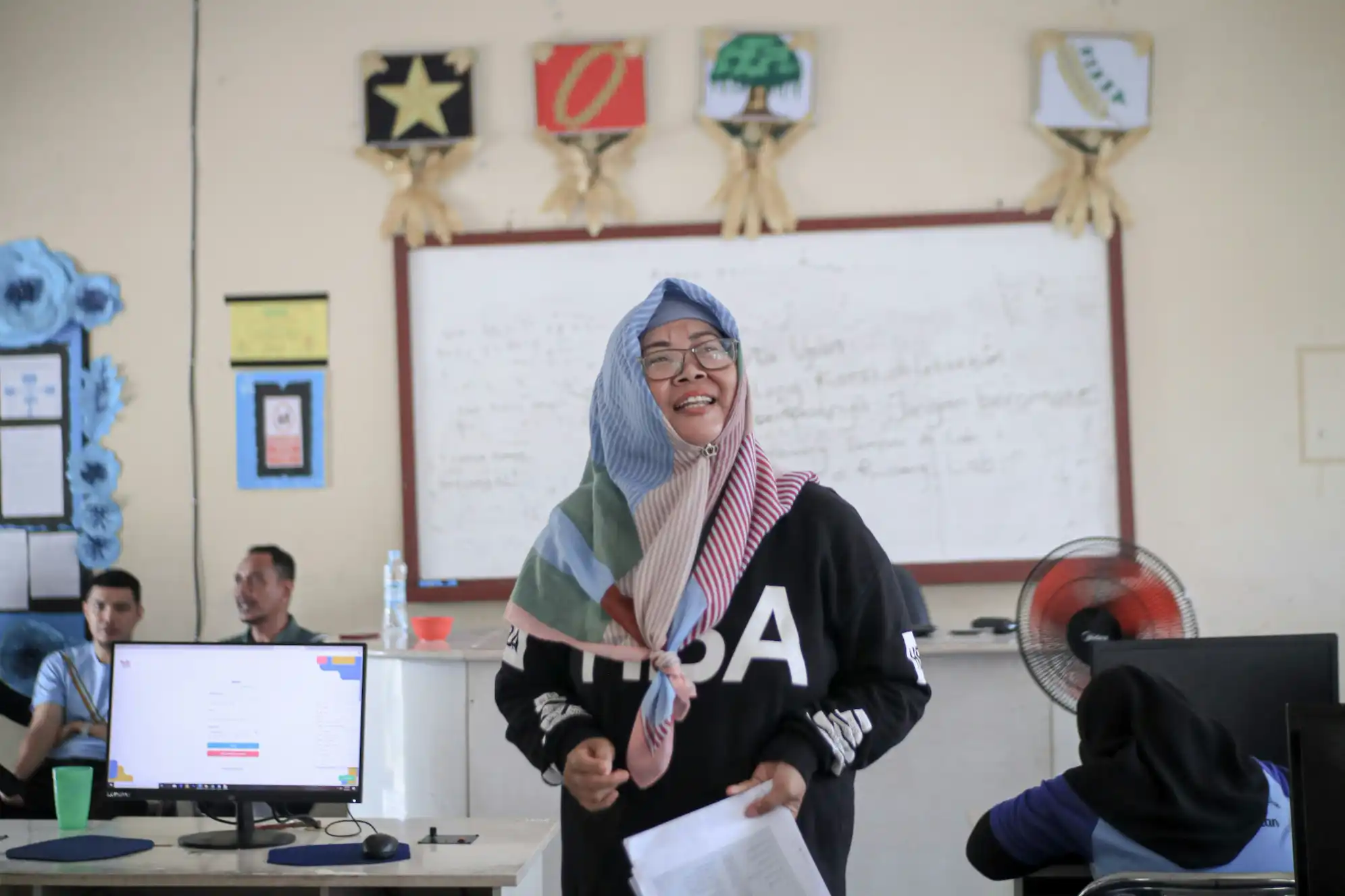





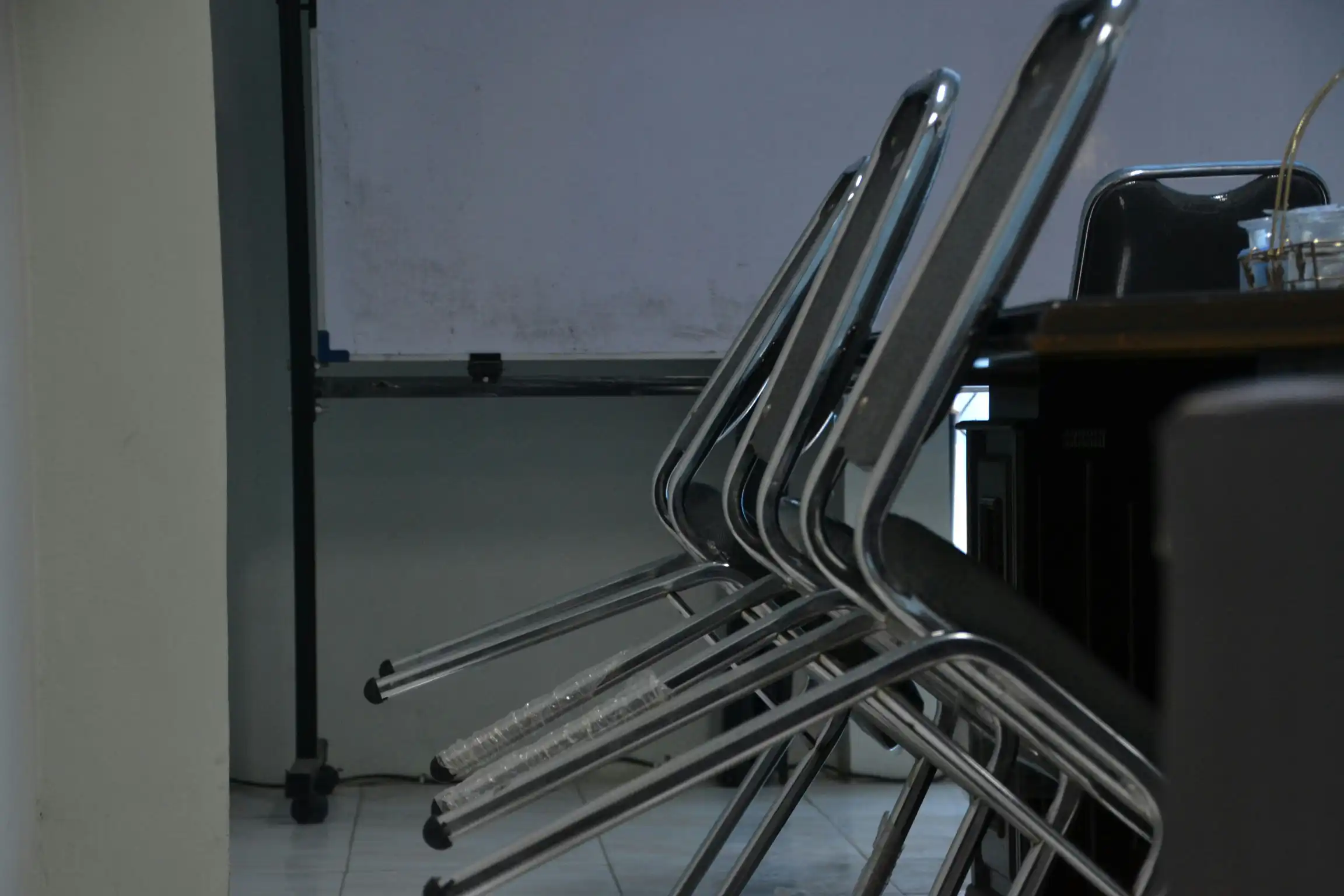
.webp)



%20.webp)
























.webp)
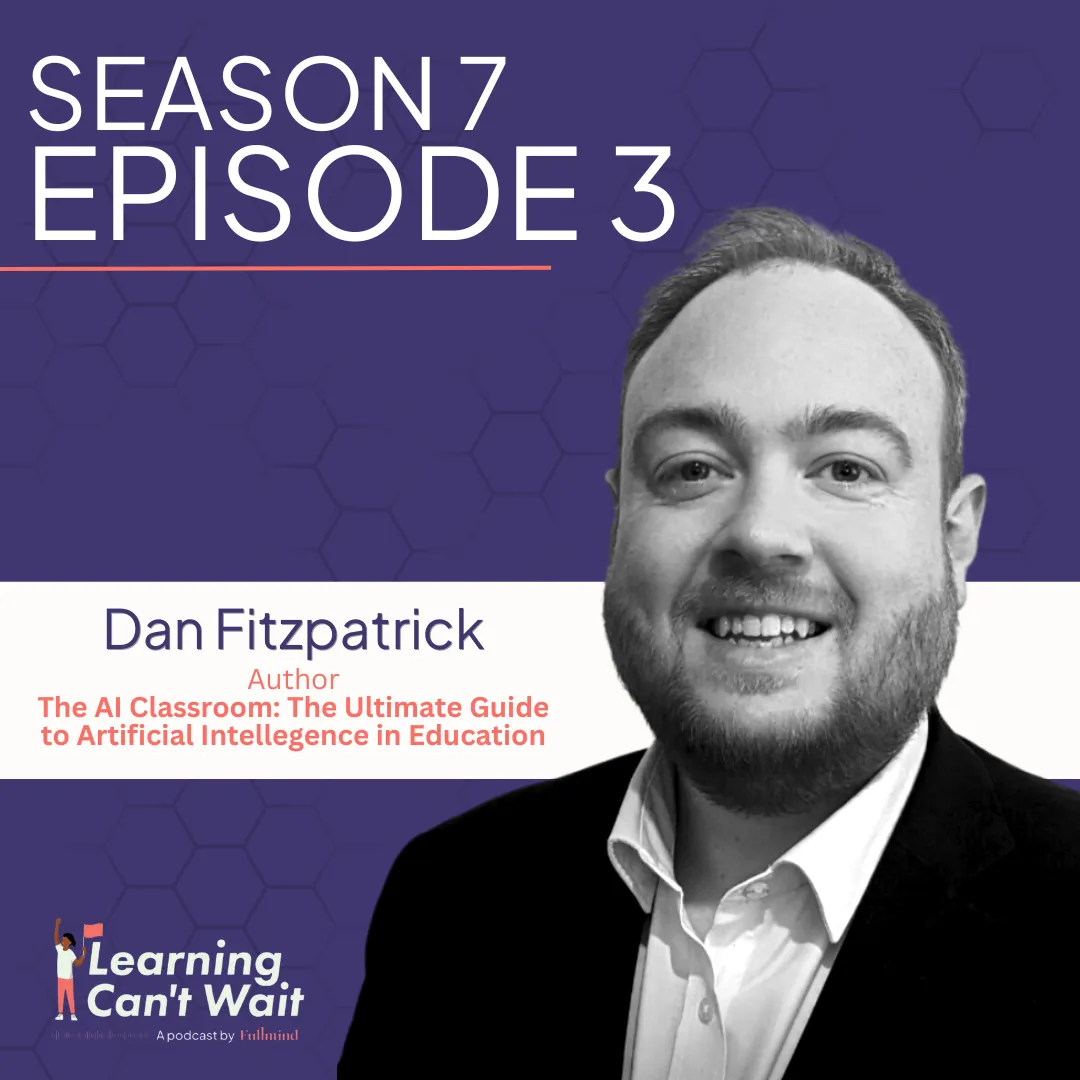
.webp)


.webp)